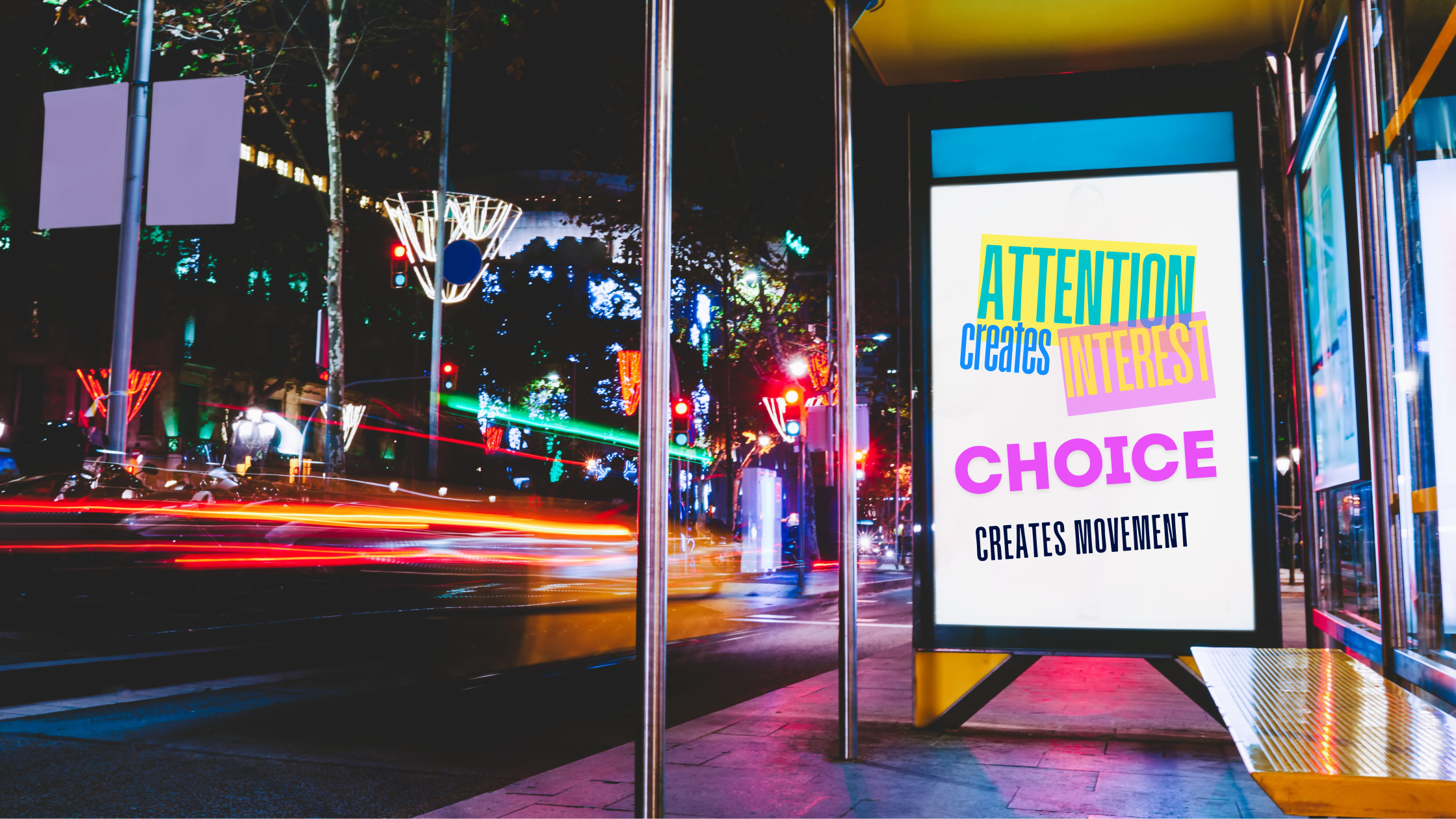
In 2025, the search landscape is experiencing its most significant disruption in two decades. For years, Google has been the undisputed gateway to information. But a quiet revolution is underway. Millions of users are now bypassing Google and turning to AI-driven platforms like ChatGPT, Perplexity AI, and Gemini for faster, more contextual answers. While Google still dominates global search share, the cracks are visible and widening.
This isn’t just a tech trend. It’s a fundamental shift in behavior with big implications for marketers. If your entire strategy hinges on SEO and Google rankings, it’s time to re-evaluate.
The Rise of AI-Powered Search
Let’s start with the numbers.
- Google’s global search share dropped below 90% for the first time in nearly a decade (StatCounter, March 2025).
- On desktops in Europe, Google’s market share has fallen to 77.78%, down from 87.08% in 2023.
- ChatGPT now sees 400 million weekly users and handles over 1 billion messages per day (OpenAI, 2025).
- Perplexity AI has over 155 million visits per month and a 204% YoY growth rate (Similarweb, March 2025).
Why the shift? Users want:
- Faster, clearer answers.
- Conversational, context-aware interactions.
- Relief from ad-heavy, SEO-stuffed content.
AI platforms are delivering on all three. Instead of links, users get summaries, comparisons, and synthesized insights and even advice. This is a search that feels like talking to someone who already did the research for you.
User Expectations Have Evolved
Traditional search was about finding links. AI search is about getting answers.The average prompt on ChatGPT is 23 words long, compared to just 4.2 words for traditional search queries (OpenAI Internal Research, 2025). That’s a huge leap in complexity and expectation. Users are engaging in nuanced conversations, not just typing keywords.
Voice and visual search are also on the rise. Google Lens processes over 10 billion searches per month (Google I/O, 2025). Meanwhile, TikTok and Instagram are quickly becoming default platforms for Gen Z product discovery. This shift is not just generational,it’s behavioral. People now choose platforms based on intent:
- Google for broad queries.
- Amazon for product search.
- AI tools for academic research and decision-making.
- TikTok/Instagram for discovery and inspiration.
Your content strategy needs to reflect that complexity.
Generational Changes in Search Behavior
A breakdown of AI search adoption by generation shows just how stratified this shift is:
Generation | AI Search Tool Usage | Preference for Traditional Search |
| Gen Z (18–26) | 82% have used AI tools | 61% prefer AI tools over Google |
| Millennials (27–42) | Balanced adoption | Use both AI and traditional search contextually |
| Gen X (43–58) | 65% occasional use | Strong preference for Google |
| Boomers (59+) | 45% have tried AI tools | Highest loyalty to traditional search |






One Response
Hey I am so thrilled I found your blog, I really found
you by accident, while I was browsing on Bing for something else, Nonetheless I am here now
and would just like to say thanks a lot for a marvelous post and
a all round interesting blog (I also love the theme/design), I don’t have time
to browse it all at the minute but I have bookmarked it and also added your RSS feeds, so when I have time I will be back to read a lot more, Please do keep up the great jo.